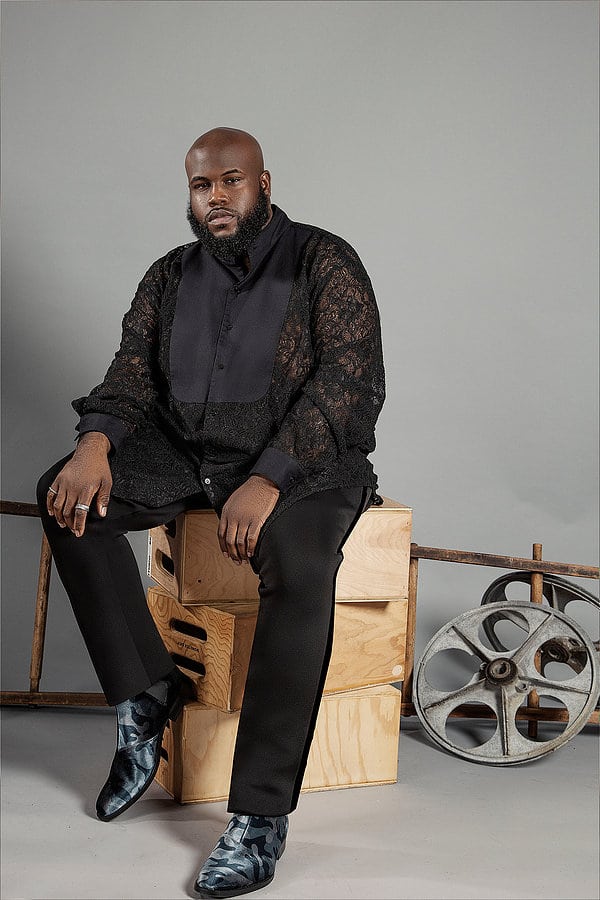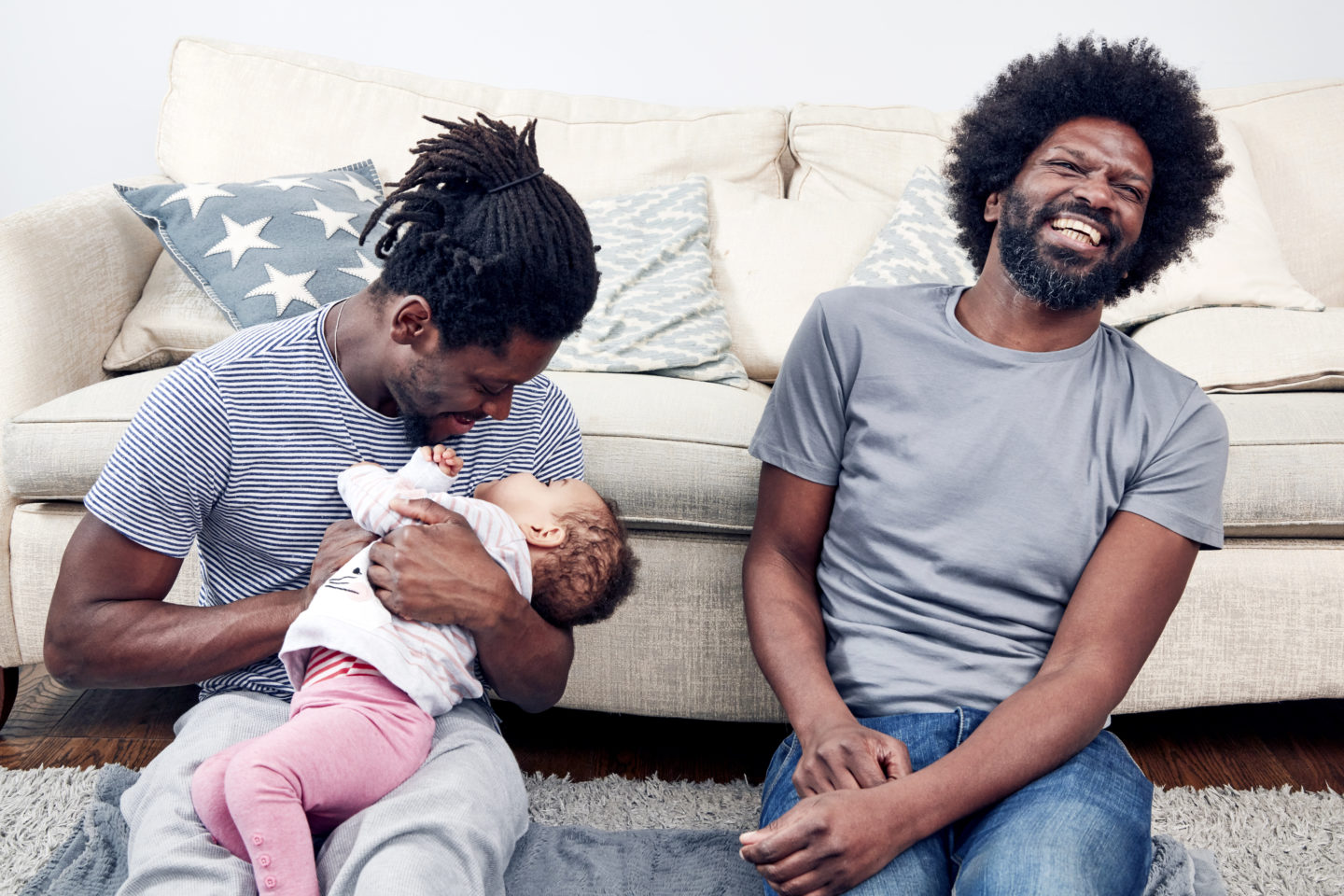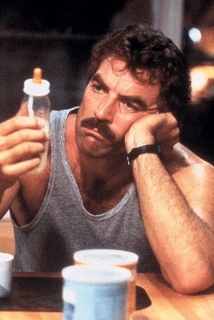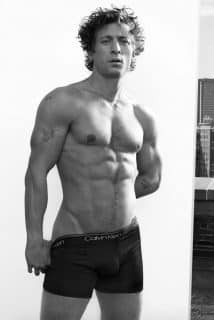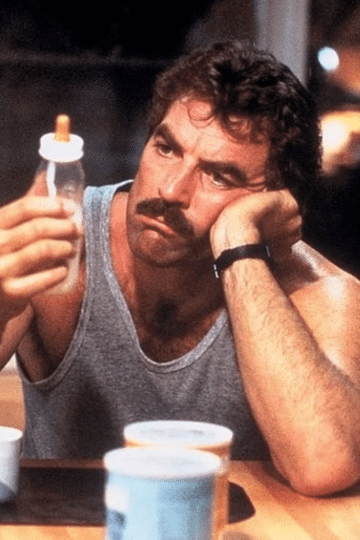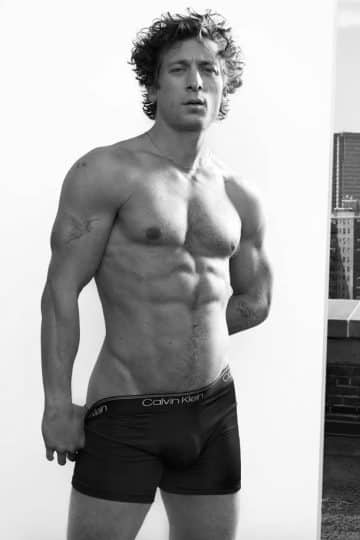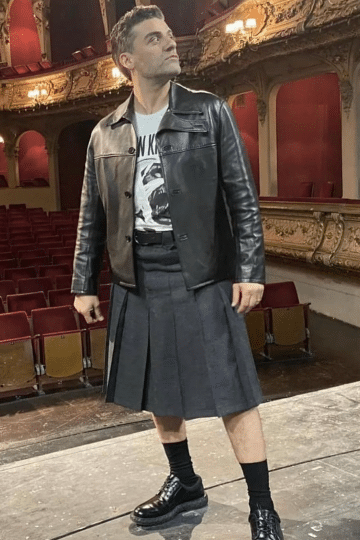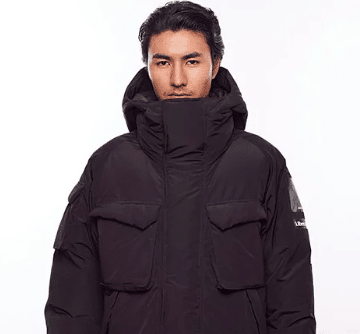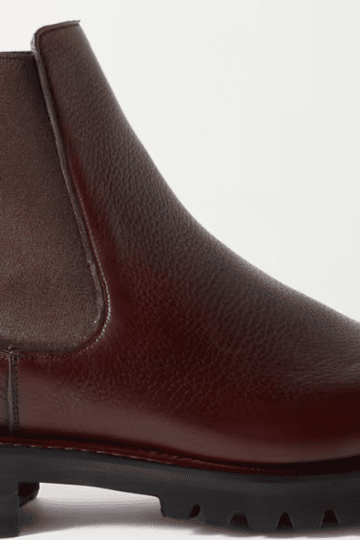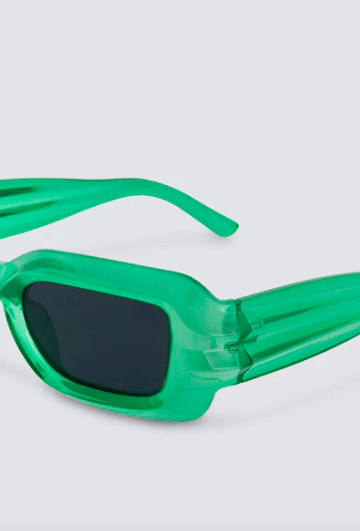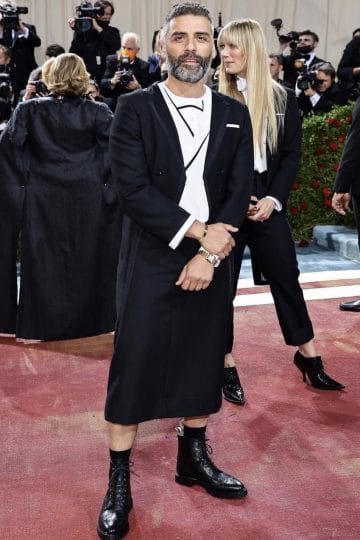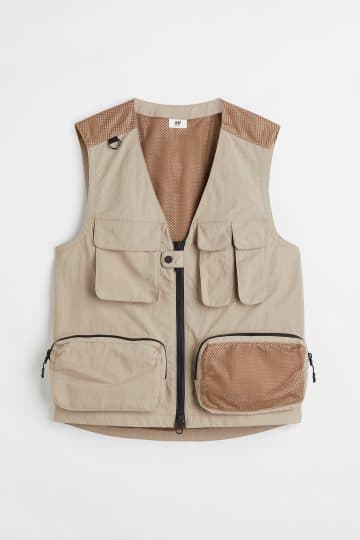The Get Real project: changing fashion for men
Style
Our Get Real Project aims to promote better well-being for men today by showing a more realistic way to be. Get real, get involved.
As we seek to pull apart the social and cultural constructions of masculinity, in the belief that it is mostly a construction, The Book of Man has continually been gnawing at how the old school ideas of being a man are perpetuated. Granted, there are biological reasons behind manliness – though not as much as you’d think according to many experts – and there are passed-down wartime learnings that still ingrained us from a couple of generations ago – but then there is representation. What we see around us about what a man is supposed to be like. Of course, this is most heavily the people around us, our friends, bosses, colleagues, who signify acceptable and non-acceptable parameters of manliness, but this is without knowing what informed them. This ‘wisdom of the crowd’ is dependent on what crowd you happen to be with, where they’re from, where they work, their economic status, the hardships or lordships that have defined them. Yet what cuts across areas and economics and class for more all-encompassing ideas of being a man, is cultural representation. How we see men in films, TV, in publishing and in advertising, undeniably informs how we ‘see’ ourselves.
Now we’ll leave the film and TV debate for another time (though you may have noted our preference for realism in film as a taster for what’s to come), and for the minute we want to concentrate on advertising. The post-war mass market advertising boom in the 50s, where wartime Freudian propagandists like Edward Bernays (he was actually Sigmund’s nephew) sold people their unconscious desires in a new recovering consumerist economy, meant certain ideals were entrenched – classically, the 50s working dad in his suit and tie, coming home for his dinner to his obedient housewife and TV loving kids, aiming for that promotion, that slightly better car than the one on his neighbour’s driveway. You could argue that Hollywood, with its stuffy fathers and tough cowboys had more of an effect with selling this idea of A Man (and Mussolini would argue, he considered Hollywood the best propaganda machine there was, and built an Italian film industry to compete), but film has given voice to so many that you don’t have to look too far to find many different types of men represented. Advertising, on the other hand, has remained limited.
Up until very recently, the GQ man has dominated advertising to men, particularly in the luxury, status symbol areas, watches, cars, suits, as the height of six-packed, emotionless, humourless aspiration. On its flipside has been the lad, the idiot, the high street Wotsit muncher and lager guzzler, trying out the right deodorant that will get the Page 3 gals chasing him out the Wetherspoons.
But that’s about it. “You’re either He-Man or Homer” as one of our interviewees put it, angrily. And it does need some anger, not apathy, because this stuff does matter. Ideals of masculinity do get to you. If you’re nowhere near He-Man, and you feel like Homer, except you don’t make anyone laugh, then it can be deeply troubling. Failure sinks its teeth into you, and men being men, we don’t let on that we’re hurting.
As part of a study we commissioned, which we ended up calling ‘Men on the Edge’, we discovered the following about UK men aged 25-44:
65% thought male stereotypes are damaging
56% said the definition of masculinity needs to change
55% agreed social media has a bad effect on men’s self-image
69% feel misrepresented by brands
56% had experienced mental health problems
It was actually quite alarming. Men don’t like the way they are represented and are feeling trapped in those ideas of masculinity to a degree that was affecting their mental health.
There is a lot of discontent out there, and a wholesale new approach to gender needs to happen in order to free everyone from hard binary ideas of what we’re supposed to be.
Now it’s hard to get men to deal with this kind of stuff. As Grayson Perry put it in his book ‘The Descent of Man’: “Men and boys can often feel that gender, sexual politics, prevention of sexual assault and relationships are female topics. The ‘invisibility’ of the male gender and its dominant subjectivity make it seem to many men that all the problems are with the ‘other’, which they feel they do not belong to. Because of male privilege, men do not feel motivated to discuss such issues.”
Really these topics do affect men, and it does seem we’re now in a time when men are beginning to rouse themselves into caring because the veil is dropping on the harm caused to everyone.
We feel that it’s time to exemplify a new way of seeing men and masculinity by changing what we see.
It has led us to create The Get Real Project, which aims to show more accurate versions of the way men are today, in all our diverse glory, where bellies, ethnicities, sexualities, body hair, ginger-ness, whatever the hell is our beautiful quirk, is displayed, un-retouched, for all to see.
Now of course, women have been made to conform to certain body types for thousands fo years, or at least made to feel bad if they don’t. So this project takes place from a position of hands-up acknowledgement, and with admiration from the many women’s publications and groups destroying stereotypes around the female body. For we also need to be wary of falling into the same traps, because if we’re not careful the hairless, six-packed, perma-tanned Gun Show now everywhere on Instagram, will become the dominant ideal where aesthetics have overtaken any impulse to being healthy. Some of our recent podcasts about male body issues have noted that young teenagers are now pumping iron to achieve what they think is the norm.
No, we want a more joyous celebrations of the male body in all its forms, and the way we represent men at The Book of Man, is going to be brought to bear most particularly on our fashion, grooming and fitness stories. Waxed and buffed dudes stood on mountain tops wearing £50,000 watches are out. Real men on park benches with hairy chests and eczema are in.
Don’t get us wrong, it’s good to be fit and healthy, but the aesthetics of men and masculinity have become oddly narrow, and everyone is beginning to look the same, the hench Ubermensch are on the march. Instead, we want to celebrate the glory of being good old big sexy you.
We are far from the only ones. The tide is turning already – there are plus size models out there on ASOS now. Advertising watchdogs have put new rules in place to change sexist representations of men. Advertisers themselves are diversifying in the images they put out and certain brands have noticed that men want to be talked to in new ways. And on social media there are many inspiring voices out there showing themselves in all their glory.
We want to support this change with the Get Real Project.
We simple want more depictions to be put across and for there to be a celebration of men in all their shapes, colours, sizes and sexualities.
We also call on advertisers to stop their cliched messaging of ‘Strong’! ‘Unbreakable’! ‘Don’t Crack!’ you see across watch ads everywhere, the idea that masculinity should indeed be like a watch, durable, stoic, good at telling the time. Get on the right side of history and stop pandering to dangerous and outmoded ideals.
The Get Real Project is a campaign which aims to subvert traditional depictions of manly perfection.
We would like to finally share with you our Get Real policy, which will apply to all our fashion, grooming and fitness stories:
- All coverage to address real needs or anxieties.
- Positive promotion of different body shapes, not one ideal.
- Positive promotion of different ethnicities, sexualities and ages.
- No retouching.
- Committed, in-depth coverage on all featured items. We have to believe in them.
- Product reviews to focus on real experiences by testers.
- Reviews to focus on how items make you feel, not just look.
- Highlight real stories of life-changing experiences with style & grooming & fitness – how it can help you get through difficult times.
- Reflect The Book of Man’s brand aim of creating a new, progressive, multi-faceted, emotional, healthier and open version of masculinity.
- Celebrate imperfection!
The Get Real Project: promoting better well-being for men today by showing more realistic ways to be.
Contact us to get involved, we’d love to hear from you: martin@thebookofman.com
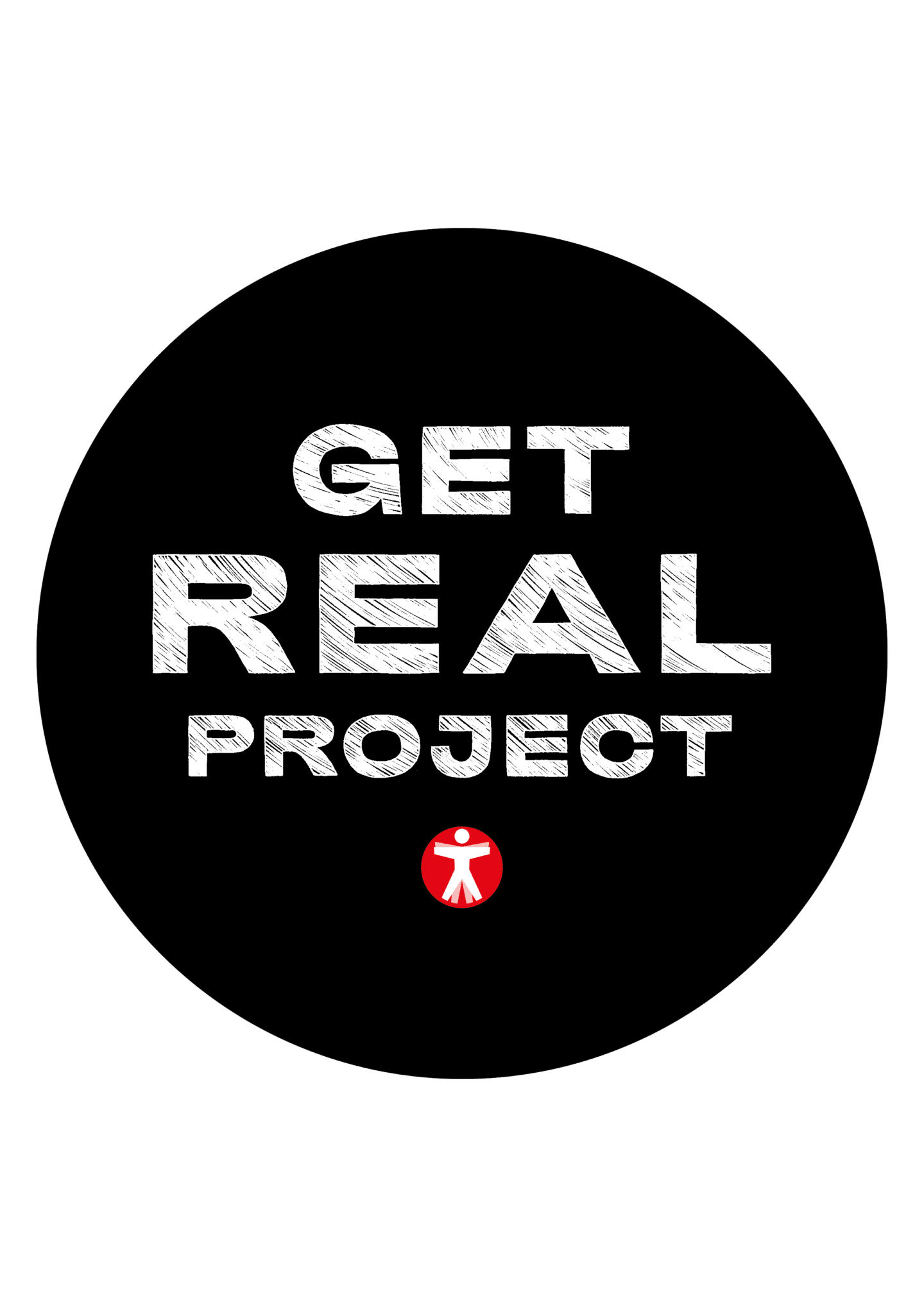
Join The Get Real Project
Sign up to our daily newsletters for the latest in what the hell men's bodies actually look like, and everything else from the new masculinity frontline.
Trending

Join The Book of Man
Sign up to our daily newsletters to join the frontline of the revolution in masculinity.




